Are you crisis ready?
Is your organization prepared for a crisis? Take our quiz to see how ready you are.
Part of Helpful Digital
July 2023 | Chicago, IL
Thank you for joining us for our session on what PIOs need to know about misinformation during an emergency! We’ve included links to the resources mentioned in our presentation below.
How to Get Ahead of Misinformation
Social Simulator's Thoughts on Threads
Is your organization prepared for a crisis? Take our quiz to see how ready you are.
Who is Social Simulator?
We coach, train, and test teams including emergency management and rapid response, corporate communications, resilience, customer care, and more, delivering more than 200 workshops or simulations every year.
Our focus is on crisis capability-building: we work across all sectors including food and agriculture, energy, government, financial services, aviation and emergency management.
We take security seriously: our robust software comes with solid technical support, industry-standard certifications, and security-screened teams working under NDAs.
Although we have industry leading crisis training platforms, we are far more than a software provider. Our team of consultants includes crisis and emergency specialists that bring their expertise to bear to add real value to your training.
_____________________________________________________________________________
Why Simulate?
Handling a major incident or crisis well takes regular planning and practice – after all it’s people, not processes, that manage a crisis or serious issue.
Training and exercising needs to be practical, with credible scenarios and practical tasks using realistic digital recreations – press conferences and media interviews are just part of the picture.
The range of stakeholders involved, the diversity of media and influencers – and the speed at which they work – demand more of crisis teams than ever. It’s crucial you validate your teams and your plans against the real-world challenge in ‘peacetime’, so they’re ready to handle whatever comes their way.
A simulation keeps a scenario private and secure, and helps the team learn, trying new approaches or strategies and getting feedback in a supportive environment.
If you’d like to learn more about how we can assist you and your team prepare for a crisis, please email us at [email protected].
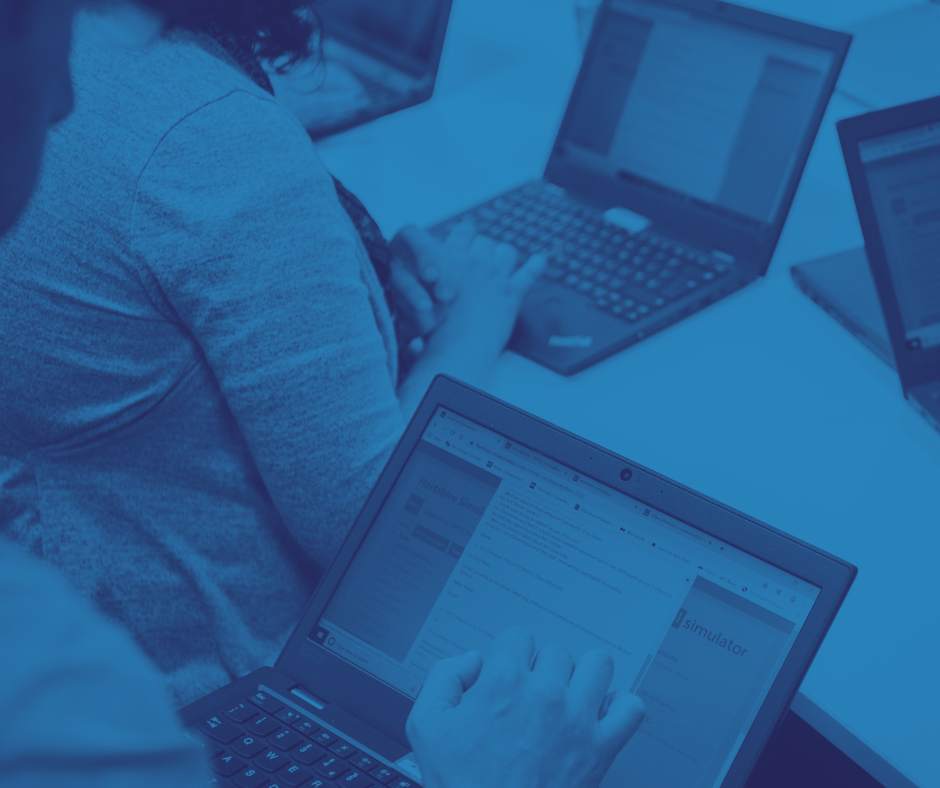
Our downloadable guide to creating your crisis communications plan sets out five areas to work on: initiation, roles, logistics, building your response and, content and messaging
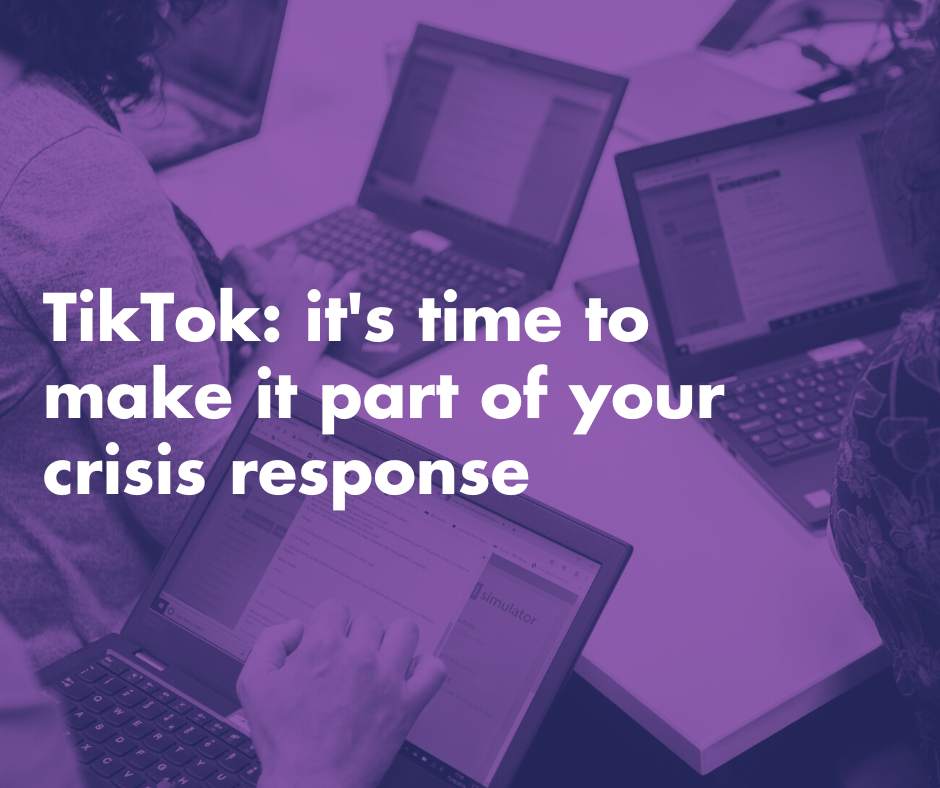
Make sure you are aware, prepared, and confident to handle any crisis on any channel, including TikTok.
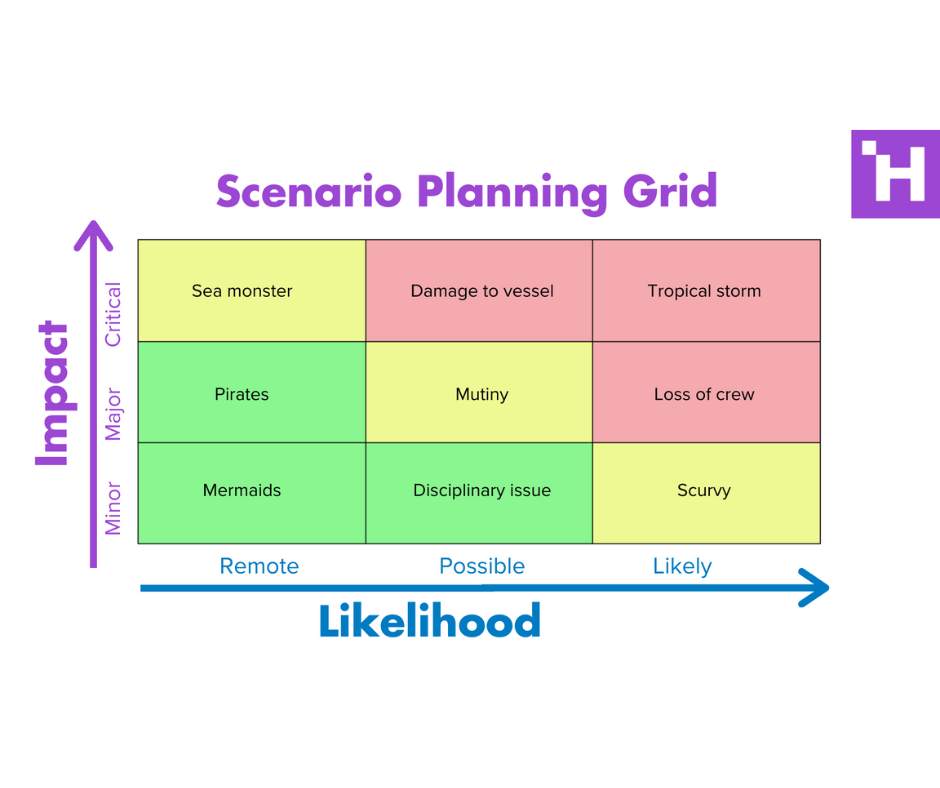
A template to help you to map out the risks your organisation could face this Winter. What is likely? What poses the greatest risk? And don’t be afraid to be overly apocalyptic.
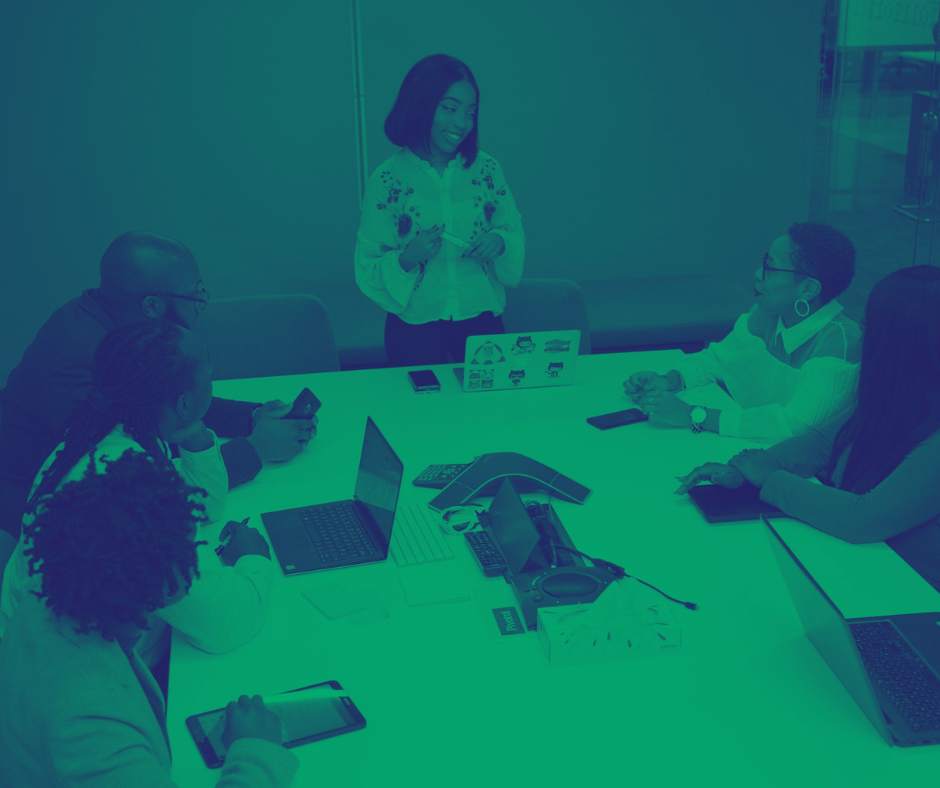
How you can ensure your team is well placed to manage an extended crisis response.
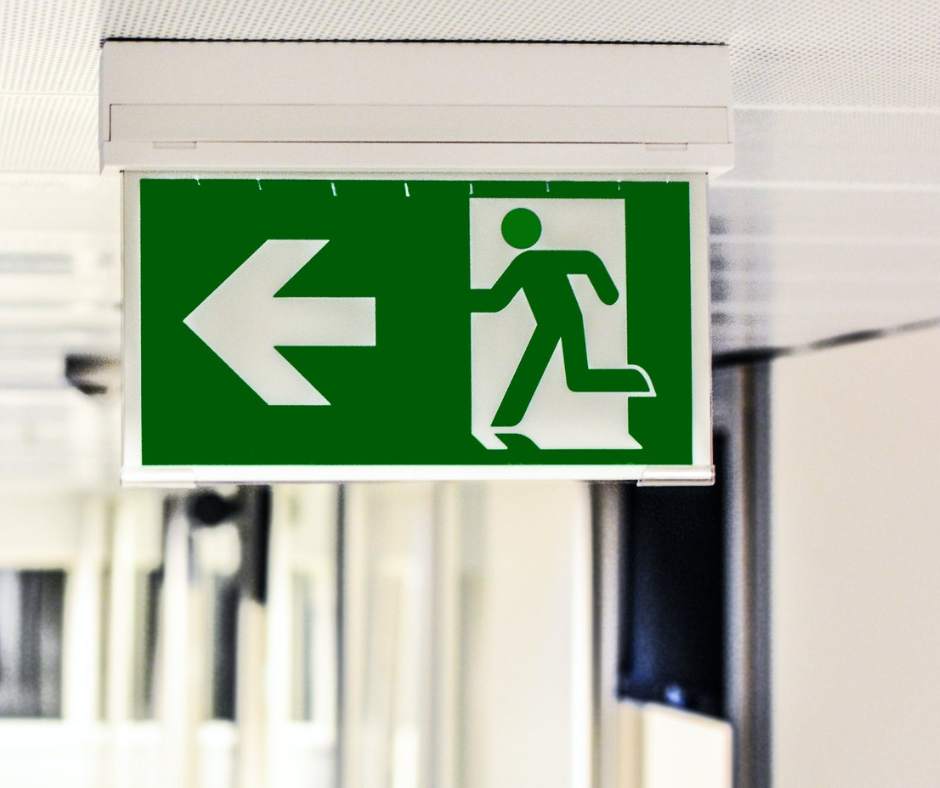
How you can prepare to manage a crisis, including a downloadable check list.

Do you know the difference between sock puppets and bots and the level of risk they post? Find out more about the different types of fake news.
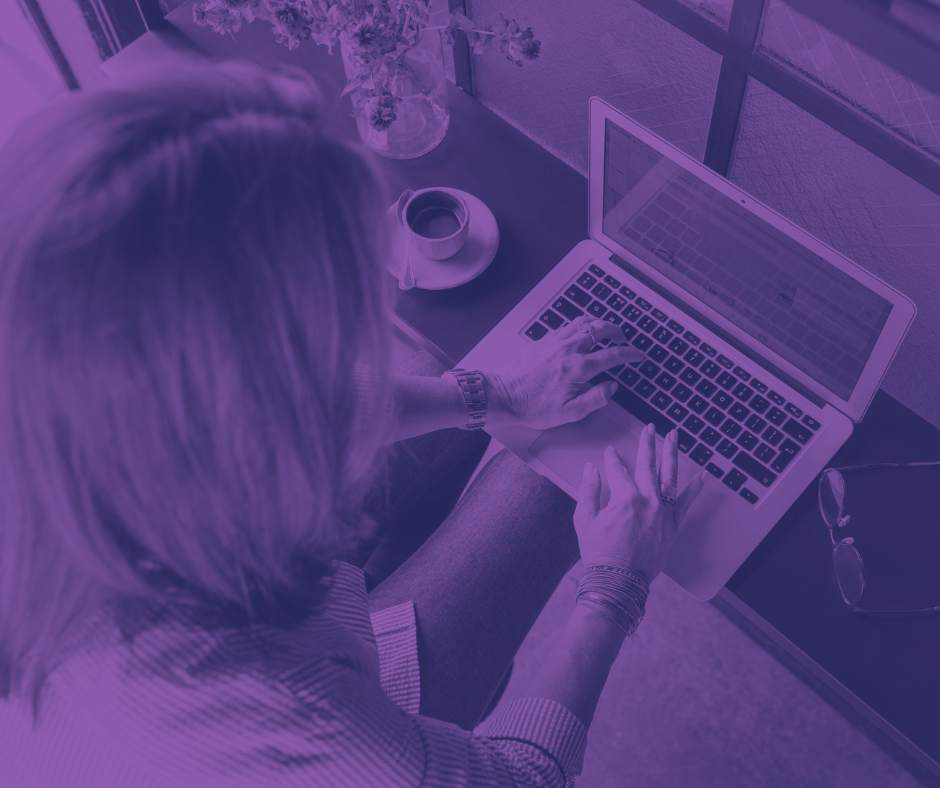
Accessible social media means simple changes to the way you post to social media. These simple changes can make a huge difference for anyone with a disability.

Listening is often how you’ll first hear about potential crises. It’s how you know you’re reaching the right audiences and an opportunity for engagement.
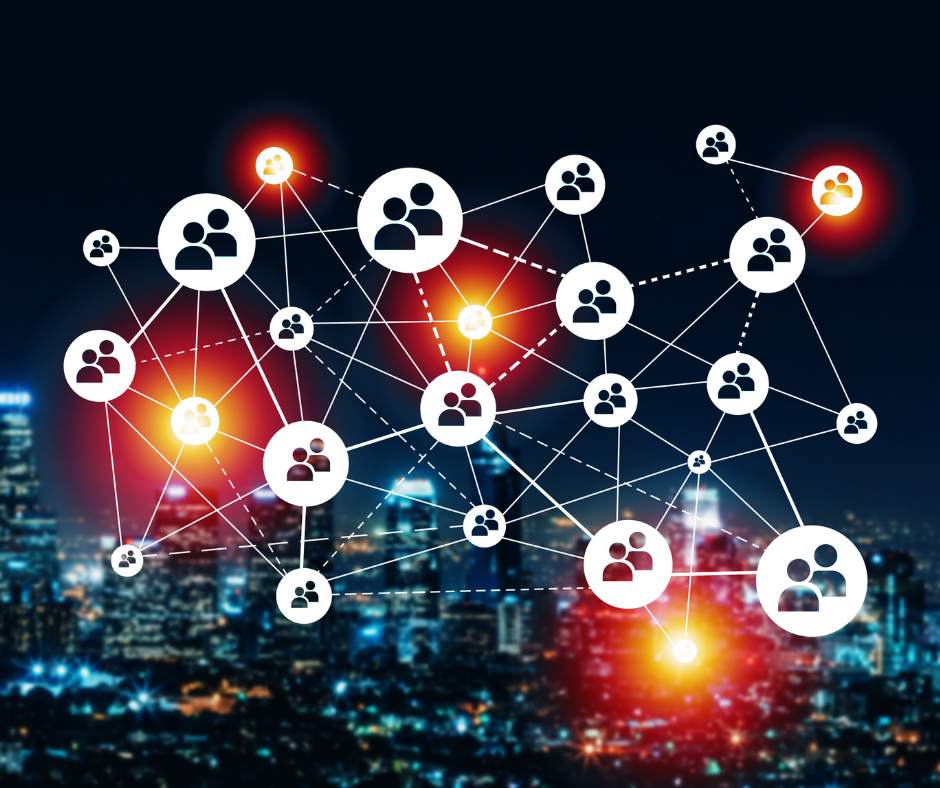
New social media and digital channels are launched all the time, but does your organisation need to be on all of them? How do you decide whether to sign up or steer clear?

The key questions to ask before setting up someone senior on social media
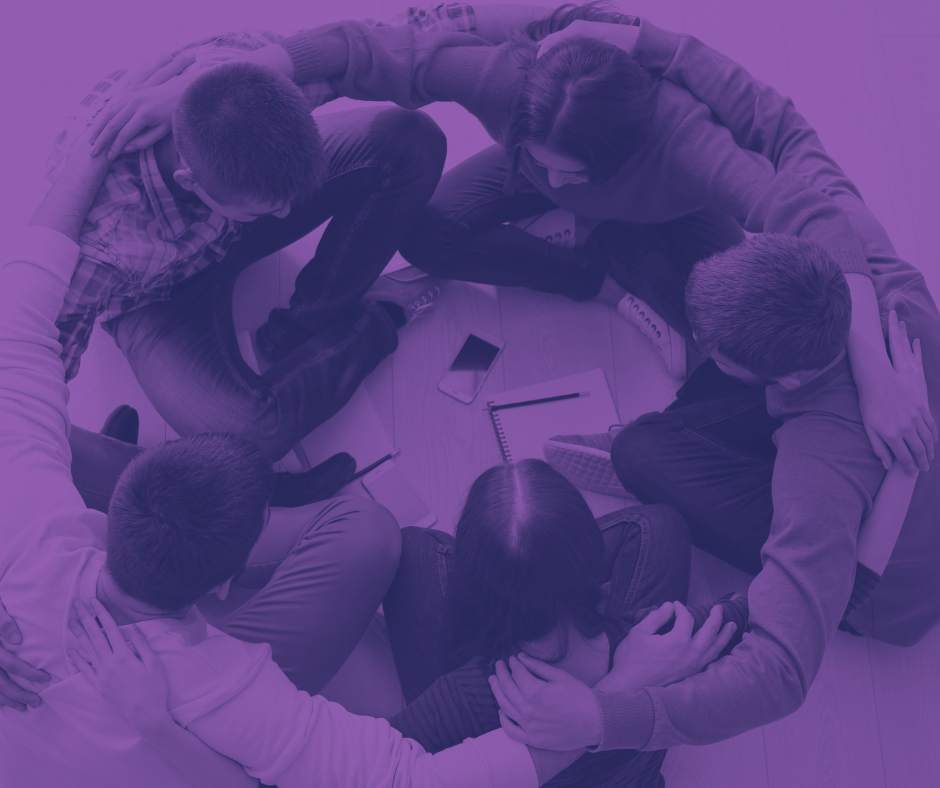
A Facebook Group can be a rich place to get answers to questions, get feedback from a niche audience, and myth bust.
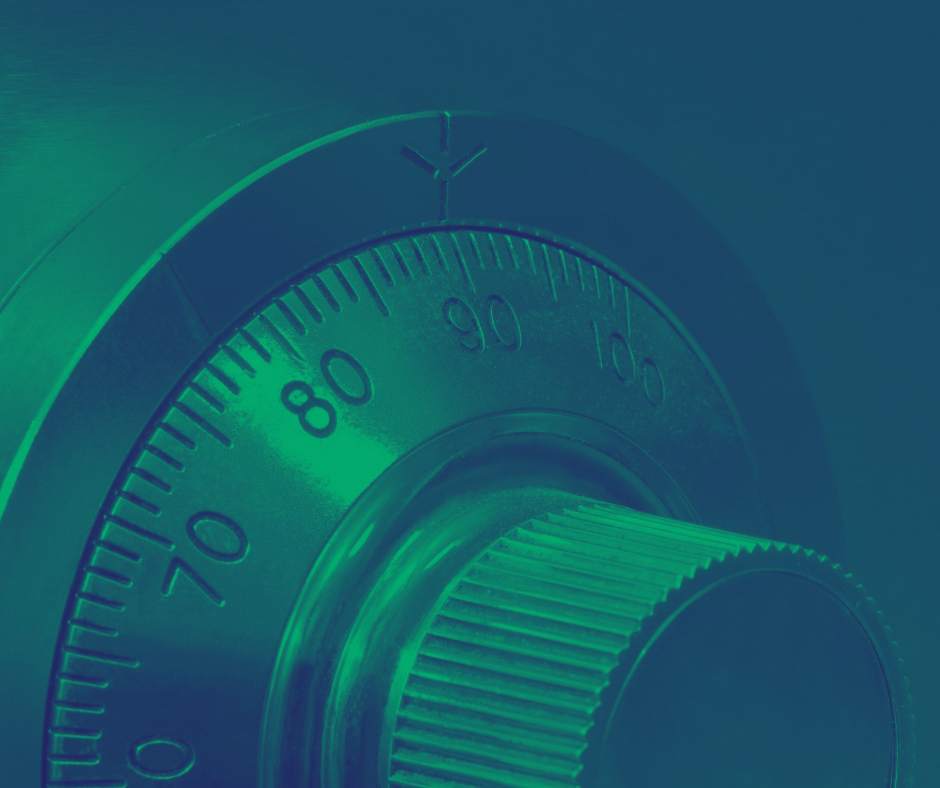
Whether you are a team of three or three hundred there are some key steps you can take to keep your social media accounts secure.
Email us now to set up a demonstration and discuss how we could support your training: